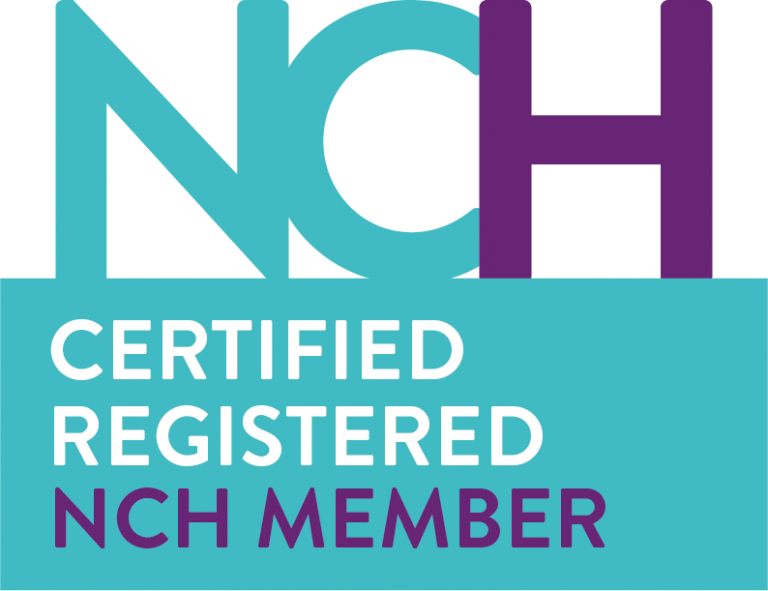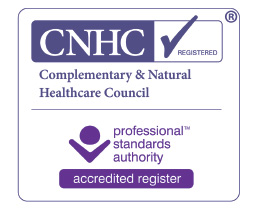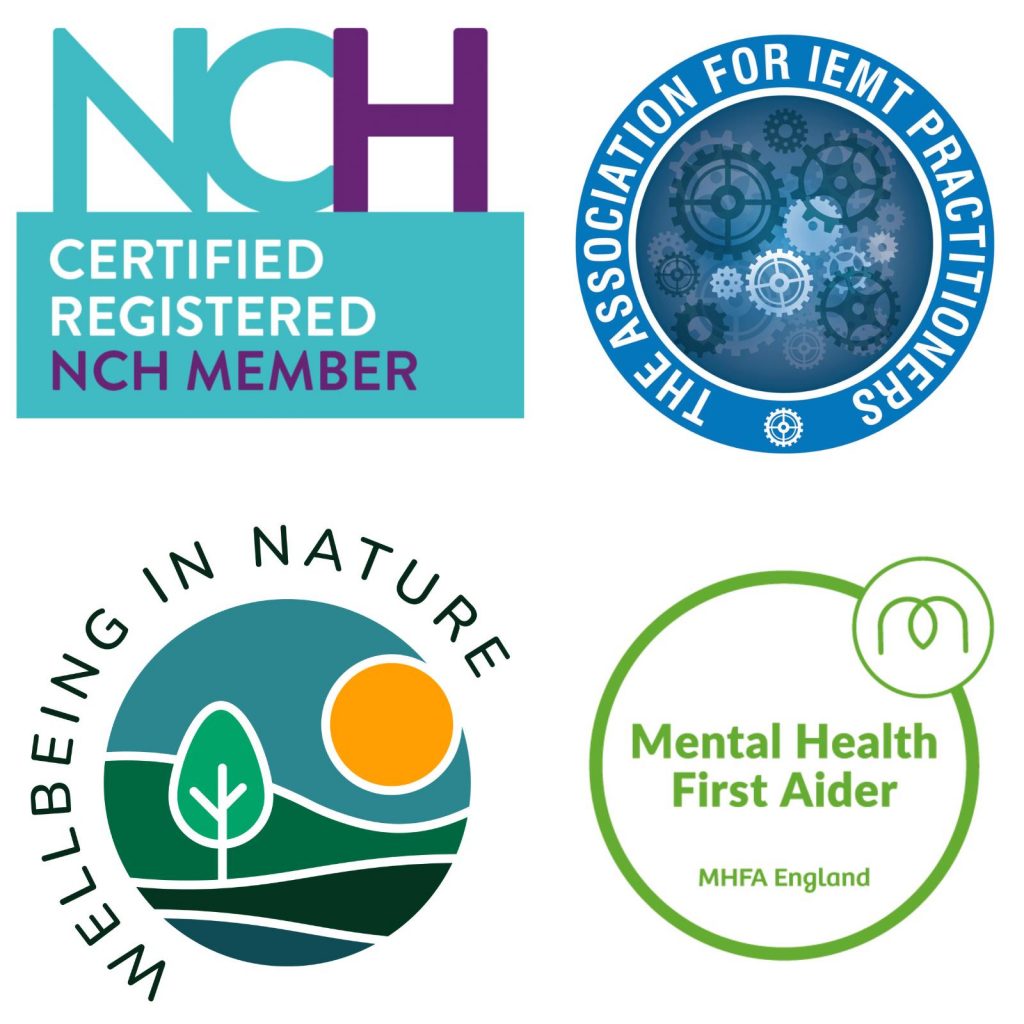
Hypnosis and self-hypnosis overview
Hynosis and self-hypnosis
How hypnosis could help you
Hypnosis (whether hypnotherapy or self-hypnosis) provides the way to access your subconscious mind, with the aim of making positive changes to the way you think.
Becoming more aware of your habitual ways of thinking, rather than being locked into automatic thinking shaped by past experiences, is the first step to changing your experience of how you live your life.
Hypnosis can be an energising force, helping you focus your attention on replacing unhelpful with more helpful ways of thinking. Quite simply, hypnosis can bring about ‘helpful’ changes in the way you think, feel and behave, in relation to yourself and others.
Hypnotherapy and self-hypnosis can also help promote new ways of thinking about whatever is at the root of your current suffering, whether the cause is rooted in emotional or physical pain. Hypnosis holds the key to developing a new mindset about whatever is currently causing issue for you.
How hypnosis works
Being in a hypnotic trance effects a bypass of the conscious mind, allowing helpful suggestions to be introduced into the subconscious mind. ‘Suggestions’, made by person themselves in self-hypnosis or by the therapist in hypnotherapy, are more likely to be accepted and integrated into the subconscious mind, helping the person in hypnosis to adopt, rather than reject, new ways of thinking.
The conscious mind is often resistant to change, due to fear, anxiety, or other factors. Hypnosis helps to bypass any resistance by the conscious mind by working directly with the subconscious mind. It is in the sub-conscious mind where our beliefs are rooted and where those beliefs can be reshaped to bring about positive change in how a person thinks, feels and behaves.
Self-hypnsosis
Self-hypnosis can be a very useful skill to learn and the hypnosis state it provides can be accessed easily anywhere and at any time of day or night. Self-hypnosis can become a person’s portable and very user-friendly personal support mechanism.
For those motivated to try using it, self-hypnosis is quite safe, facilitating the unconscious mind to accept positive, helpful suggestions, naturally rejecting any that may not suit. Additionally, in situations where a person is feeling at a loss of control in their circumstances, which can be both comforting and empowering.

How hypnosis works
On a very basic level, hypnosis (whether hypnotherapy treatments or self-hypnosis) induces relaxation and when a person is in a calm state they are more receptive to being open to new ideas. In a state of hypnosis a person becomes more open to suggestions about new ways of thinking that can be very helpful in improving their life experience.
There are some situations where hypnosis should not be used, for example where someone is suffering from uncontrolled epilepsy, psychosis or has a brain tumour or TBI (Traumatic Brain Injury). Speaking with a qualified hypnotherapist will provide you with guidance as to what therapeutic approach will be most suitable to help support whatever needs you identify.
How I can help
I provide a free 30 minute discovery session for the purpose of providing information and guidance on what therapeutic approach might be most suitable to meet your needs. Please be aware I work with people to help them maximise the success potential of prescribed medication/medical interventions, not as an alternative to engaging with them.
You can make contact with me by filling in the form below, or by making a phone call or sending a text to 07483 234109
Book a free 30 minute discovery session
Originally posted 2023-08-14 10:26:09.





